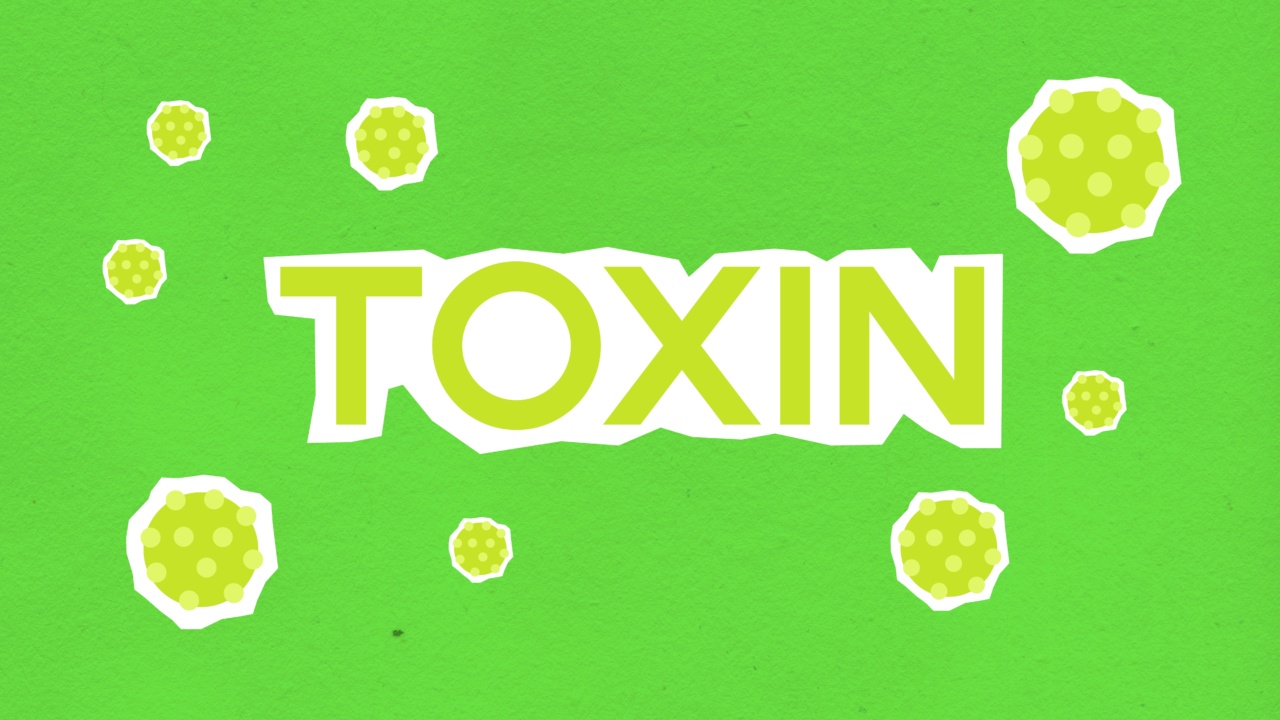Sperm is the male reproductive cell that plays a crucial role in fertilizing the female egg. However, sperm quality can be greatly affected by toxins present in the environment, food and even lifestyle choices.
Toxins can negatively impact the sperm count, motility and morphology, reducing the chances of conception. In this article, we will explore some ways to counteract the impact of toxins on sperm.
1. Avoid Exposure to Toxins
The first step to counteracting the impact of toxins on sperm is to avoid exposure to them. This may involve making some lifestyle choices such as quitting smoking, reducing alcohol consumption and avoiding exposure to environmental pollutants.
Additionally, one should also choose organic foods over conventionally grown ones to avoid pesticides and fertilizers that can have harmful effects on sperm quality.
2. Detoxification
Detoxification is an effective way to eliminate toxins from the body, paving the way for healthier sperm. Detoxification involves flushing out toxins from the liver, colon and other vital organs through diet, supplements and other therapies.
Some effective methods of detoxification include juicing, a raw food diet, and colon cleansing. However, one should consult a healthcare professional before embarking on any detoxification program.
3. Nutritional Supplements
There are a variety of nutritional supplements available that have been shown to improve sperm quality.
For instance, vitamin C and E are antioxidants that can protect sperm from oxidative damage caused by free radicals, while zinc is an essential mineral that plays a crucial role in the production of healthy sperm. Other supplements that can promote sperm health include L-carnitine, CoQ10, and folic acid.
4. Exercise
Regular exercise is not only good for overall health but can also improve sperm quality.
Moderate exercise has been shown to increase antioxidant levels in the body, improve blood circulation to the reproductive organs, and decrease stress levels, all of which can positively impact sperm count, motility and morphology. However, strenuous exercise should be avoided, as it can lead to an increase in scrotal temperature, which can negatively impact sperm quality.
5. Stress Reduction
Stress can have a negative effect on sperm quality. Chronic stress can lead to hormonal imbalances, reduced libido and sperm quality, and even erectile dysfunction.
Therefore, incorporating stress reduction techniques such as meditation, deep breathing, or yoga into your routine, can help to counteract the negative effects of stress on sperm.
6. Sauna Therapy
Sauna therapy involves exposing the body to high temperatures to induce sweating and flush out toxins. This therapy has been shown to improve sperm quality by decreasing oxidative stress and increasing blood flow to the testes.
However, one should avoid excessive exposure to high temperatures, as it can be harmful to sperm quality.
7. Acupuncture
Acupuncture is an ancient form of Chinese medicine that involves inserting needles into the body’s meridian points. For men dealing with infertility or poor sperm quality, acupuncture has been shown to be an effective treatment option.
Acupuncture can help to regulate hormones, reduce stress levels, and improve blood flow to the reproductive organs, ultimately resulting in healthier sperm quality.
8. Herbal Remedies
Herbal remedies have been used for centuries to support male reproductive health. Some herbs that have been shown to increase sperm count, motility, and morphology include ginkgo biloba, maca root, panax ginseng, and tribulus terrestris.
However, one should consult a healthcare professional before using any herbal remedies to avoid potential adverse interactions with other medications.
9. Sleep
Sleep is a vital component of overall health and wellbeing, and it can also impact sperm quality. Lack of sleep has been shown to increase stress hormones, reduce testosterone levels, and decrease sperm count.
Therefore, getting an adequate amount of sleep each night can help to promote healthier sperm.
10. Timed Intercourse
Finally, timed intercourse is an effective way to increase the chances of conception. It involves having sex during a woman’s most fertile period to maximize the chances of sperm fertilizing the egg.
This approach can counteract the effects of toxins on sperm count, motility, and morphology by ensuring that the most robust sperm are present during ovulation.





























